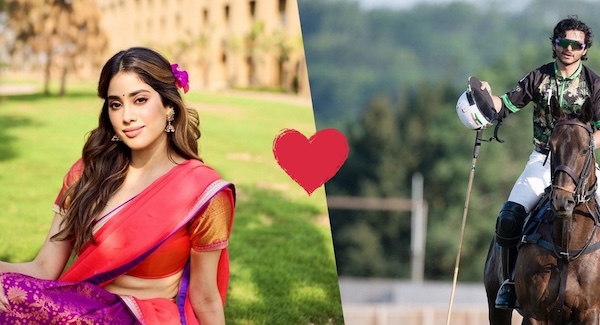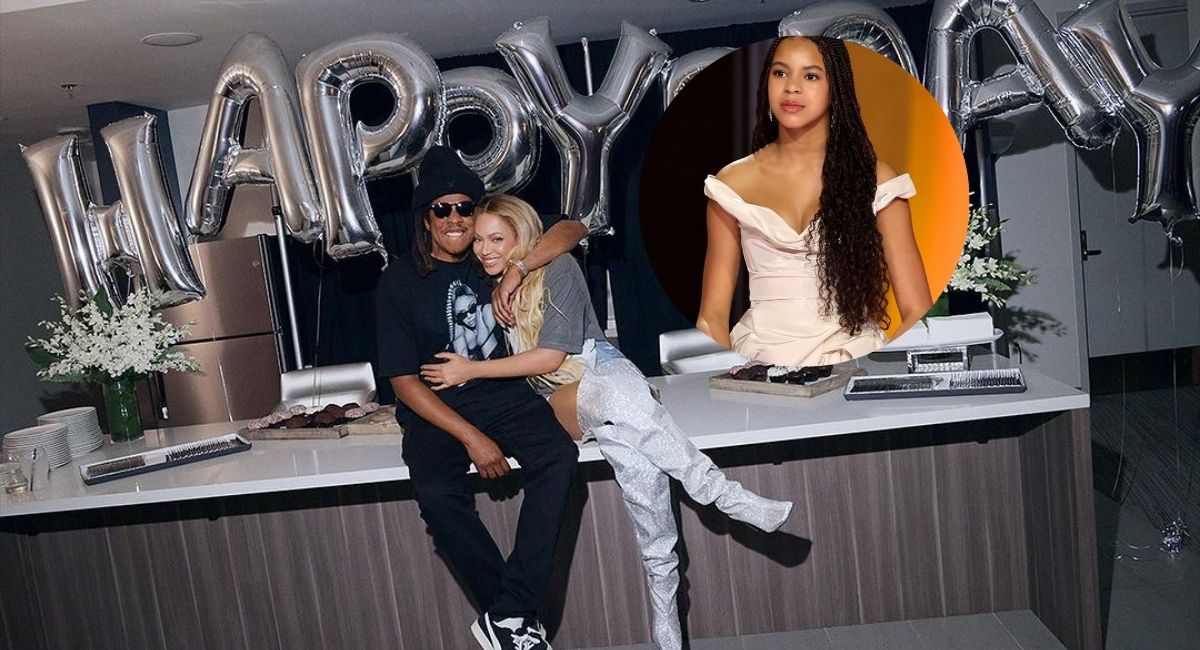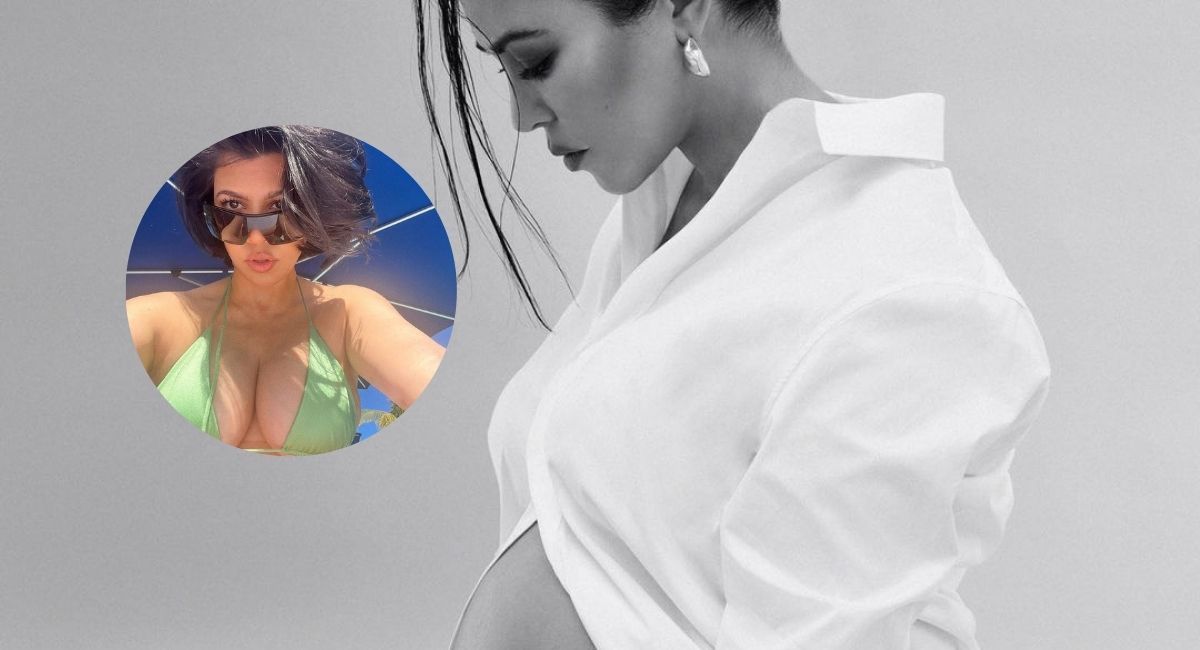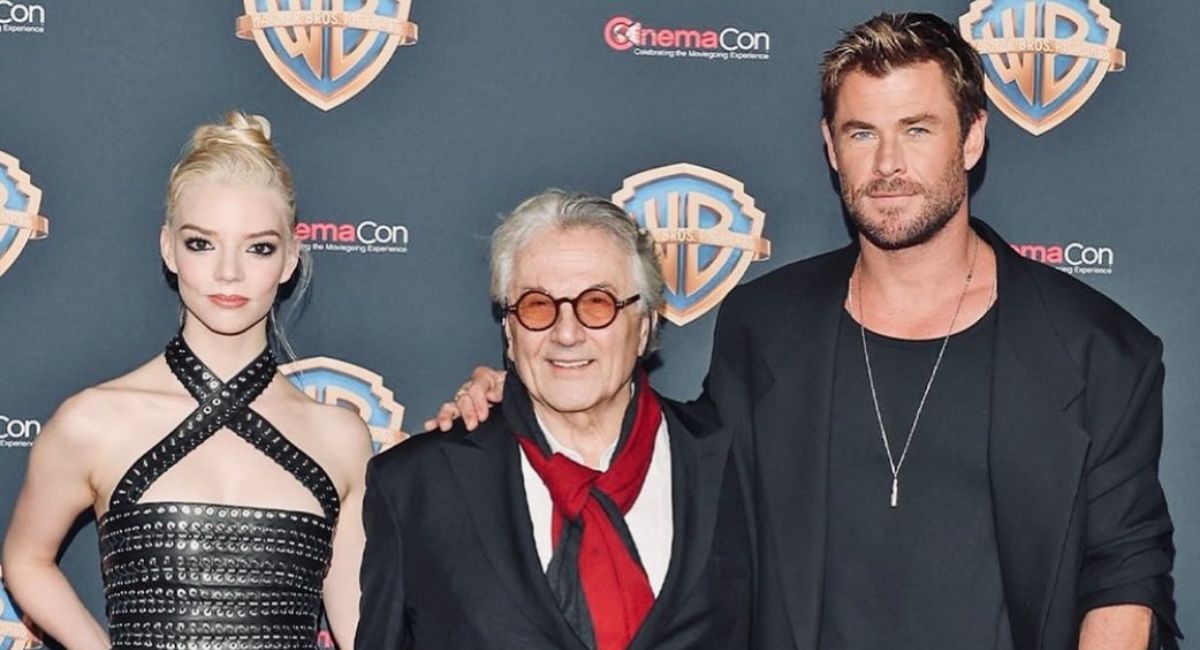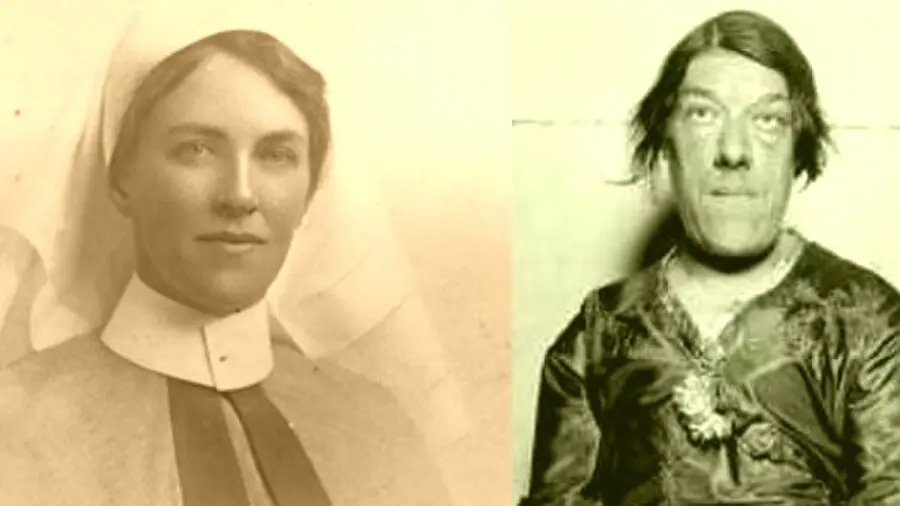This time, there was a bloodless Eid in 2023: There was a traditional celebration of Eid in India. Eid comes twice in their customary traditions. In Islam, the word “Eid,” which means “celebration” or “festival,” is highly esteemed.
Eid ul-Fitr and Eid ul-Adha are the two specific occasions of Eid that Muslims commemorate in accordance with the Prophet Muhammad’s (PBUH) instructions.
These are the occasions when Allah (SWT) rejoices when His people are joyful and promotes joy for everyone. Although Eid ul-Fitr and Eid ul-Adha are frequently confused, they are two distinct holidays with distinct origins. The two festivals are celebrated in a similar manner, but because they commemorate separate events, they represent two sides of Islam.
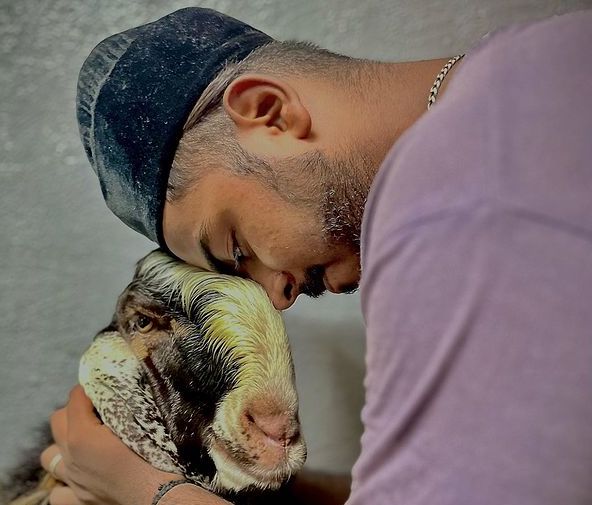
What time is Eid ul-Fitr?
Ramadan, which occurs in the ninth month of the Islamic (lunar) calendar, is followed by Eid ul-Fitr. As a result, Eid ul-Fitr is the first of the Eids because it occurs before Eid ul-Adha. There is no better way to conclude the month of fasting and almsgiving than with Eid celebrations. The final 10 days of Ramadan are supposed to bring with them the blessings of a thousand months. The official start of the Eid ul-Fitr celebrations is the first day of Shawwal, the year’s tenth month.
What time is Eid al-Adha?
The 12th lunar month is when Muslims celebrate Qurbani, one of the holiest occasions of the year. Eid ul-Adha prayers must have been observed for Qurbani to start. As a result, Eid ul-Adha falls in Dhul Hijjah and is observed after Eid ul-Fitr.
Since the Islamic calendar is based on the lunar cycle, the exact dates for both Eids vary each year and are generally 10–11 days earlier. Therefore, at many places in India, our Muslim brothers have started celebrating bloodless Eid, which means no killing of animals on the occasion of Bakrid (Eid al-Adha).
Let’s understand each Eid tradition closely in India as well as in other countries.
Eid, also known as Eid-ul-Fitr, is a significant Islamic festival celebrated by Muslims worldwide, including India. The festival marks the end of Ramadan, the holy month of fasting and prayer. While the specific traditions and customs may vary across different regions of India, the essence of the celebration remains the same.
Preparations for Eid in India usually begin a few days in advance. Muslims clean their homes, buy new clothes, and decorate their houses. Women often create beautiful designs called “mehndi” or henna on their hands and feet. Families also visit markets and shops to purchase gifts, sweets, and other essential items.
On the day of Eid, Muslims wake up early and take a bath, symbolizing purity and renewal. They wear new or their best clothes, often traditional attire, and head to the mosque for a special congregational prayer called “Eid Salah.” The prayer is usually held on open ground or in a large mosque, where Muslims gather to pray and listen to the sermon given by the Imam (religious leader).
After the prayer, people exchange greetings by saying “Eid Mubarak,” which means “Blessed Eid.” It is customary for family members, friends, and neighbors to visit each other’s homes to extend their wishes and share the joy of the occasion. Guests are often welcomed with delicious sweets and snacks, and traditional dishes are prepared for the festive feast.
One popular sweet dish enjoyed during Eid in India is “Sheer Khurma,” a vermicelli pudding made with milk, dates, nuts, and saffron. Other traditional delicacies like biryani, kebabs, and sweets like “seviyan” (sweet vermicelli) are also prepared. The exchange of gifts, especially among children, is a common practice during Eid.
Apart from the festive celebrations at home, many Indian cities with significant Muslim populations host fairs and bazaars during Eid. These fairs offer various attractions like amusement rides, games, food stalls, and traditional handicrafts. People enjoy shopping, entertainment, and spending time with their families at these venues.
Eid-ul-Fitr is a time of joy, gratitude, and compassion. Along with the festivities, it is customary for Muslims to give to the less fortunate by donating money, food, or clothes to charity. This act of giving, known as “Zakat al-Fitr” or “Sadqa-e-Fitr,” ensures that everyone can partake in the festivities and experience the joy of Eid.
Overall, the celebration of Eid in India combines religious devotion, family gatherings, delicious food, and acts of charity. It is a time for Muslims to come together, strengthen their bonds, and express gratitude for the blessings received during Ramadan.
Bakr Eid, also known as Eid al-Adha or the Festival of Sacrifice, is an important Islamic festival celebrated in India.
However, Bakrid is another festive season that comes, and it is called the Festival of Sacrifice. But this sacrifice has been vanishing day by day. This year (2023) seems like a bloodless Eid. Many posts on social media found that Muslim brothers and sisters have celebrated Eid without killing animals like sheep and goats.
They used to keep a goat at home, feed it food and water, and provide good shelter. They handle it like a baby. Therefore, the kids at home get used to it and start loving the animal. 10 days later, the family kills the goat and eats it.
Furthermore, this lesson was repeated for years and years to make the family understand that there should not be pain when losing loved ones. That is called Bakr Eid, the festival of sacrifice.
Check out the below traditional Bakr Eid in India, which used to be celebrated this way.
The traditions and customs associated with Bakr Eid in India are as follows:
1. Preparations: Muslims make preparations in advance for Bakr Eid by cleaning their homes and purchasing new clothes. They also ensure that the animals to be sacrificed are healthy and meet the required standards.
2. Morning Prayers: On the day of Bakr Eid, Muslims gather in mosques or on open grounds to perform the Eid prayer, known as “Eid Salah.” The prayer is conducted in congregation and includes specific prayers and supplications.
3. Animal Sacrifice: The central tradition of Bakr Eid involves the sacrifice of an animal, typically a goat, sheep, or even a cow. This act commemorates Ibrahim’s willingness to sacrifice his son and demonstrates obedience to God. The animal is sacrificed following Islamic guidelines, and the meat is distributed among family, friends, and the less fortunate.
4. Distribution of Meat: After the sacrifice, the meat of the sacrificed animal is divided into three parts. One part is kept for the family, one part is given to relatives and friends, and the remaining part is donated to the poor and needy. This distribution ensures that everyone can partake in the joy and blessings of the festival.
5. Feasting and Celebration: Bakr Eid is a time of feasting and celebration. Families and friends gather to share meals and enjoy delicious dishes prepared from the meat of the sacrificed animal. Special festive foods and sweets are also prepared and shared among loved ones.
6. Acts of Charity: Bakr Eid emphasizes acts of charity and compassion towards those in need. Muslims are encouraged to give to the poor and less fortunate during this time. Donations, food, and clothing are often distributed to charitable organizations or directly to individuals and families in need.
7. Visiting and Greetings: Bakr Eid is a time for socializing and strengthening relationships. People visit each other’s homes, exchange greetings, and extend warm wishes for the festival. It is a time to reconnect with family, friends, and neighbors and share the joyous spirit of the occasion.
These are some of the main traditions and customs associated with Bakr Eid in India. The festival is celebrated with devotion, unity, and a spirit of giving, reflecting the values of sacrifice and compassion within the Islamic faith.
Top Indian Celebrities have posted on their Twitter Timelines and wished their followers on Eid 2023
As usual, many celebrities including Salman Khan, Akshay Kumar, Manoj Bajpayee, Richa Chaddha and among the others have wished their fans on Eid 2023.


